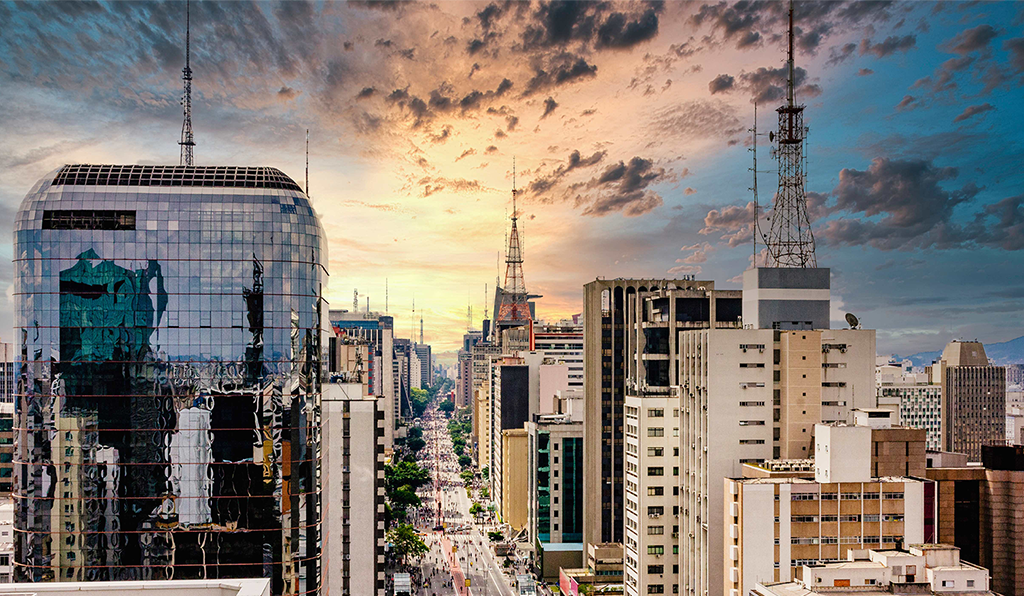The São Paulo, Brazil program will not be offered in Summer 2025 but will return in Summer 2026. Please check back in the fall of 2025 for updated program information.
Brazil is much more than samba, soccer, and Rio de Janeiro. In six weeks, the “Portuguese Language Immersion in Brazil: Justice, Equity, and Rights” program will immerse you in Brazilian culture and the Portuguese language. You will learn about some of Brazil’s most pressing social issues, while engaging with individuals, collectives, and movements fighting to forge a brighter future for their country and people.
The program includes daily classes in Portuguese over a six-week period. Classes will be held at the DRCLAS Brazil Office, located in the heart of São Paulo, on Avenida Paulista, and will be taught by faculty from Harvard’s Department of Romance Languages and Literatures as well as the Foundation School of Sociology and Politics of São Paulo (FESPSP). You will have access to a diverse offering of guest lectures and experiential field trips, excursions, and activities.
PORT S-25 counts as one full-year course (8 credits) of degree credit and as two half-year courses towards the foreign language citation. It also fulfills the Harvard foreign language requirement.
Additional Information
- Questions? Contact Cristiane Soares at CristianeSoares@fas.Harvard.edu or Tiago Genoveze at Tiago_Genoveze@Harvard.edu.
